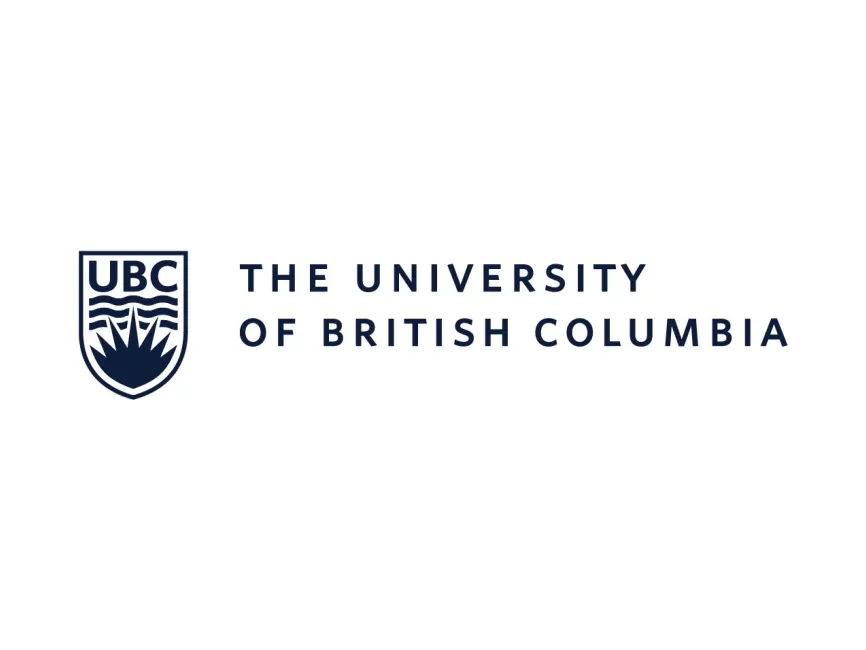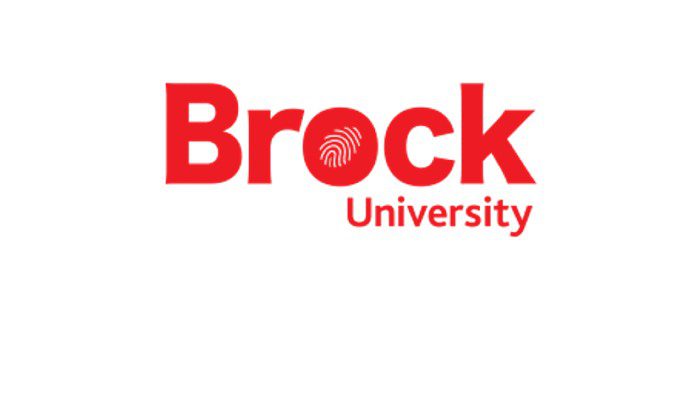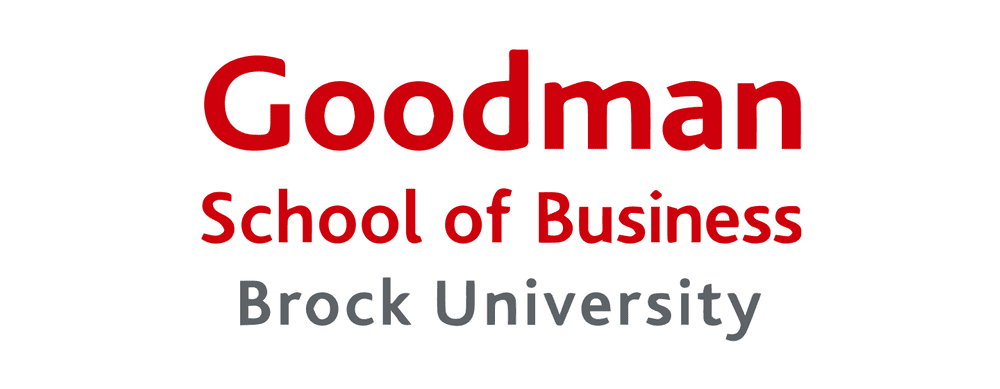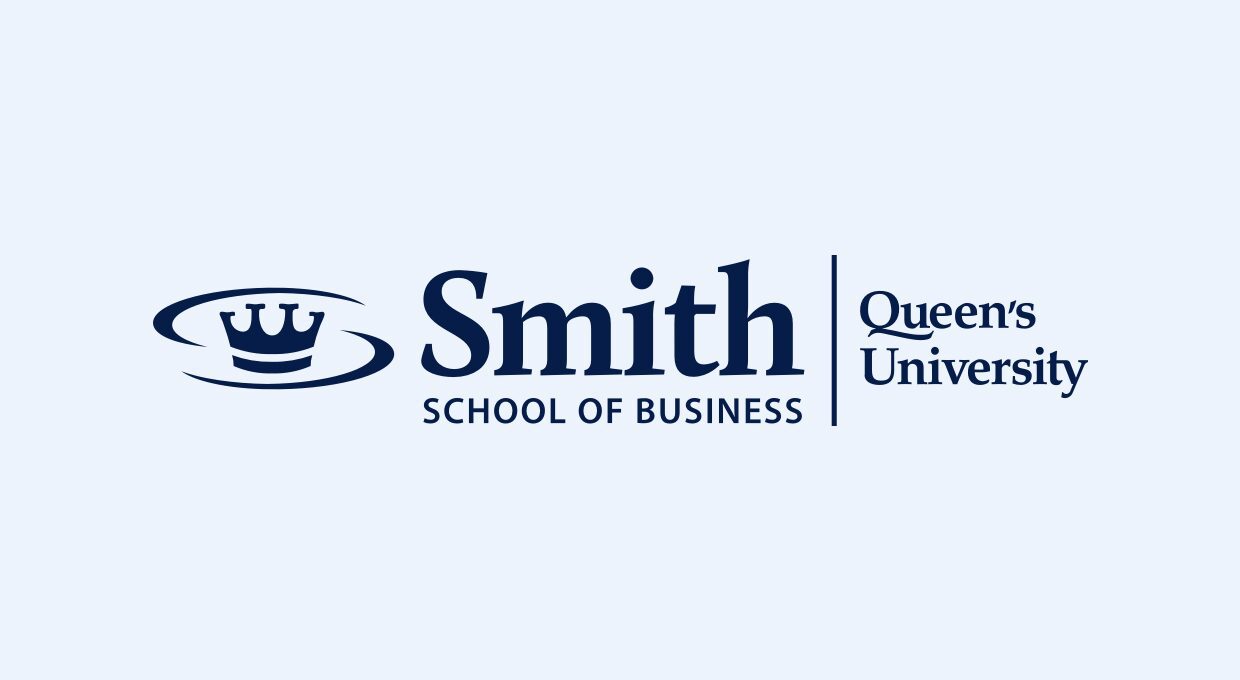Study in the Canada for a World-Class Education









Safe and Stable Environment
Canada is recognized for its safety, political stability, and high quality of life.

Top-Quality Universities
Canada is home to prestigious universities such as the University of Toronto, McGill University, and the University of British Columbia.

Cultural Diversity
Canada is known for its welcoming and inclusive environment, with a diverse population representing cultures from around the world.

High-Quality Education System
Canada consistently ranks among the top countries in terms of educational quality and student satisfaction. Its rigorous academic standards and state-of-the-art facilities ensure students receive a top-notch education.

Opportunities for Research and Innovation
Canada is a global leader in research and innovation, particularly in fields such as technology, healthcare, and environmental science.

Post-Graduation Work Opportunities
Canada offers excellent opportunities for international students to gain valuable work experience after graduation.
Top-Ranked Universities
Canada has a total of 13 provinces and every single province has a world-class university. In addition to this, Toronto, Vancouver, Montreal, Ottawa and Quebec carry the largest foreign-student population. Canadian universities are equipped with top-notch educational facilities and extremely skilled and erudite faculty. Many Canadian higher educational institutions stand at par with leading universities from the U.S. and the UK. Some of the top-ranked Canadian universities are:
- University of Toronto (among the top 21 best universities Globally)
- McGill University (among the top 46 best universities Globally)
- University of British Columbia (among the top 2 best universities in Canada and 24 Globally)
- University of Montreal (among the top 156 best universities Globally)
Types of Master’s Degrees Offered
According to Statistics Canada, in the 2018-19 academic year:
- There were a total of 642,480 international students studying in Canada.
- 435,415 students came from outside non-North American countries.
- 107,110 non-Canadian Indian students enrolled in the first year of higher education.
- There has been a steady increase in the number of Indian students in Canada.
About 15% of the top Business Schools in the world, including the Rotman School of Management (University of Toronto) and Desautels Faculty of Management (McGill University), are in Canada. Here is a list of top-ranking business schools in Canada:
- Brock University
- Trent University
- Toronto Metropolitan University
- Acadia University
- Concordia University
- Mount Saint Vincent University
- Nippising University
- University of Edinburgh Business School
Types of Master’s Degrees Offered
Traditional Master’s/Grad Programmes
Here are the main categories of taught programmes- Master of Arts (MA), Master of Science (MSc), Master of Business Administration (MBA), Master of Fine Arts (MFA) and Master of Engineering (MEng), with each lasting for 1-2 years. These include lectures, tutorials, interactive teaching such as site visits, projects, group work. Most of these programs include a dissertation.
Co-operative Education Programmes
Under such programmes, students can gain hands-on, paid experience in their field of study. These are available in all disciplines and provide significant work exposure.
Types of MBA degrees
- Generalised MBA Program
A generalised MBA program is of 2 years. In the first year, MBA students get to study various general management concepts and in the second year, they deep dive into the elective, the chosen area of specialisation. - Specialised MBA Program
A specialised MBA program caters to those who wish to solidify their knowledge and skills in a specific area. The duration of such a program is one year or less. - Combined MBA Program
A combined MBA program caters to those students who wish to gain a management degree while pursuing another disciple like agriculture, arts, engineering, law or medicine.
Types of Undergraduate’s Degrees Offered
The following types of undergraduate courses are offered in Canada:
- Bachelor’s degrees – These are standard degrees and the duration can vary from three to four years depending on the university and the major
- Bachelor’s with Honours – It provides the highest level of training in an undergraduate degree. Honours actually means an extra year of study after completion of the bachelor’s degree in the same field
- Advanced Diplomas or Associate Degrees – Advanced Diplomas are pursued by those who wish to pursue technical or vocational fields. An Associate Degree is usually 2 years of bachelor’s study
- Diploma and Certificate Programs– The duration of such courses is 1-2 years in a specific field of study
Cost of Studying
Program
Average Tuition Cost
Undergraduate courses
$12,000 to $20,000
Graduate programs (MS)
$17,000 to $25,000
PhD
$8000 to $16,000
MBA
$17,000 to $25000
Approximate Annual Tuition Fee (in CAD)*
Why Study in Canada
- High Living Standards
Canada consistently ranks among the top 10 countries in the United Nations Quality of Life Index since 2004. According to the latest report, Canada’s HDI value is 0.922 which puts the country in the very high human development category. This study abroad destination ranks above average in education and skills, jobs and earnings, health, safety, environmental quality, wealth and subjective well-being. If you have planned to study in Canada then you can choose your stay in its top cities such as Vancouver, Toronto, Ottawa, Montreal and Calgary
- Globally Recognised Degrees
Canadian colleges and universities have gained global recognition in the annual rankings of the world’s top universities. Canadian universities are active partners as members of international bodies such as the Association of Commonwealth Universities and International Association of Universities that work primarily for the promotion of international education. Degrees conferred by Canadian universities are globally recognised and highly valued by international employers. The University of Toronto, University of British Columbia, McGill University and the University of Waterloo are among the top 50 institutes in the world.
- Cost of Education and Living
Being the most advanced and progressive country, the cost of higher education in Canada is comparatively low in price than its western counterparts. Studying in Canada gives you an opportunity to gain a high-quality education at an affordable tuition fee. According to QS World University Rankings, Toronto, Montreal and Vancouver are the three Canadian cities that are in the list of top 50 student cities. The ranking is based on several criteria, including affordability, the diversity of the student population, and the job market.
- Research Opportunities and Excellent Technology
Canada provides excellent research opportunities to graduate students. Research scholarships are provided to students with excellent academic record. Both the universities and the government lend full support to bright students with the best research ideas. In fact, the government and the industries are pretty likely to bear the cost of research provided it is highly innovative. In terms of technology, Canada has strong telecommunications, digital media, biotech and aeronautical industries. Also, Canada is the first country which linked its schools and libraries to the internet through the SchoolNet programme.
Planning to study abroad?
Get free 1-on-1 counselling with our experts
Ivy League Universities




Most popular and Top universities






Some of the top B-schools



- Our Top Admits
Studying abroad offers students a unique blend of academic and cultural experiences.
Hemant
UCW
Delhi to Canada
Prachaet
UBC
Delhi to Canada
Megha Shetty
Nipissing university
Mumbai to Canada
Samir Miya
Portage College
Nepal to Canada
- Testimonials
Studying abroad offers students a unique blend of academic and cultural experiences.

Angel Rana
University of Michigan Ann Arbor
Thankyou so much Edugen for supporting me in my study abroad journey. After visiting 2-3 consultants,i finally found edugen and i had a wonderful and delightful experience. A special thanks to Mr. Sanjeev sir and Surbhi maam for making my journey more easy. I would really like to recommend Edugen study abroad consultants to everyone out there who are looking for genuine support.

Ishika singh
My experience with Edugen was absolutely fantastic! 🌟 Their team of experts provided exceptional guidance and support throughout the entire process. They were knowledgeable, professional, and went above and beyond to meet your needs. The consultancy's expertise and attention to detail truly made a positive impact on my journey. Overall, i would highly recommend Edugen to anyone seeking top-notch consultancy services. Keep up the great work, Edugen! 👍

Samir Miya
King's College London
Myself Samir! and I am from Nepal. I am writing to express my heartfelt appreciation for the outstanding service I received from Surbhi Ma'am, Sanjeev sir and Vivek sir during my recent visa application and counseling process. As someone from Nepal, navigating through these procedures can be quite overwhelming, but Surbhi Ma'am's expertise and guidance made the entire experience seamless and stress-free.

Kalidas Patel
King's College London
Heartfelt thanks to the team of Edugen who aided and guided me through with counseling and helping me choose the right path to my career. The assistance by the team is hands on, efficient and absolutely commendable. I would love to recommend anyone who wishes to study abroad to go through Edugen.
- Study abroad courses
Studying abroad offers students a unique blend of academic and cultural experiences.
Bdes (UI/UX)
Bdes (Bachelor of Design) in UIUX is a popular undergraduate degree in Canada. The program focuses on designing user interfaces and user experiences for various digital products, such as websites, mobile apps, and software.
Aerospace engineering
The program focuses on theoretical and applied knowledge, with courses in areas such as aerodynamics, aircraft design, propulsion systems, and more. Additionally, students have opportunities to participate in research projects, internships, and co-op programs, providing hands-on experience in the field.

MBA Abroad
MBA is one of the most popular courses, but it is important to consider the reasons for doing an MBA abroad as well as the type of university you will attend. These factors and the university’s reputation can help open doors. As a result, it is critical to carefully select a study location before to applying.

Bsc Nursing
Pursuing a Bachelor of Science in Nursing (BScN) in Canada can be a rewarding career choice. In Canada, a BScN program typically takes four years to complete and is designed to equip students with the knowledge, skills, and values required to become a registered nurse.
- Frequently Asked Questions
Studying abroad offers students a unique blend of academic and cultural experiences.
Language requirements for studying in Canada depend on the institution and program. Generally, for programs taught in English, international students are required to demonstrate proficiency in English through standardized tests such as the IELTS (International English Language Testing System) or TOEFL (Test of English as a Foreign Language). Similarly, for programs taught in French, proficiency in French may be required, often demonstrated through tests like the TEF (Test d’Évaluation de Français). Minimum score requirements may vary by institution and program, so it’s essential to check the specific requirements of your chosen institution.
To study in Canada, you’ll need to obtain a study permit (student visa). You can apply online or through a paper application to the Immigration, Refugees and Citizenship Canada (IRCC). The application process typically involves submitting an acceptance letter from a Canadian designated learning institution (DLI), proof of sufficient funds to cover tuition fees and living expenses, a valid passport, and possibly medical and biometric information. You may also need to demonstrate that you intend to leave Canada after your studies are complete. It’s important to apply for your study permit well in advance of your intended start date, as processing times can vary.
Tuition fees for studying in Canada vary depending on the institution, program, and province. On average, undergraduate tuition fees for international students range from CAD $20,000 to CAD $40,000 per year, while postgraduate tuition fees can range from CAD $20,000 to CAD $50,000 per year. Living costs, including accommodation, food, transportation, and other expenses, also vary depending on the location and lifestyle. On average, international students should budget between CAD $15,000 to CAD $20,000 per year for living expenses in Canada.
Yes, there are various scholarships and funding opportunities available for international students studying in Canada. These include scholarships offered by Canadian universities, government scholarships, and external funding sources. Some scholarships are merit-based, while others are need-based or targeted towards specific countries or fields of study. It’s advisable to research scholarship opportunities early and apply for them well in advance of your intended start date, as application deadlines and eligibility criteria may vary. Additionally, many universities offer financial aid and support services to help international students finance their studies in Canada.
GIC stands for “Guaranteed Investment Certificate” which is a short-term liquid investment usually for upto a year offered by Canadian Banks. As per Immigration, Refugees and Citizenship Canada (IRCC) requirements under Student Direct Stream (SDS) application process, students applying under SDS scheme for studies in Canadian Designated Learning Institutes, are required to invest CAD 20,635 in the form of GIC with authorized Canadian Banks.





